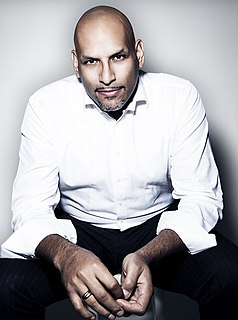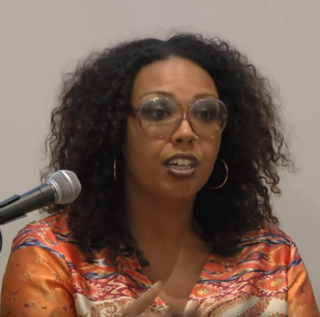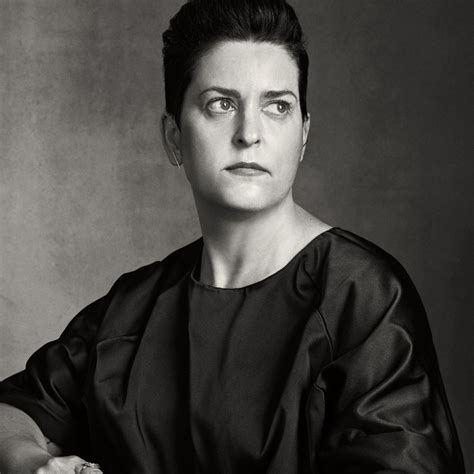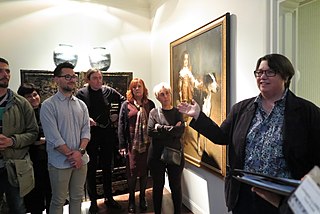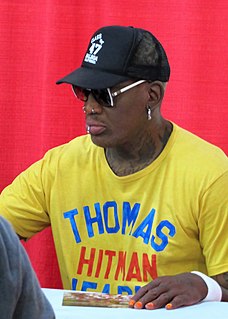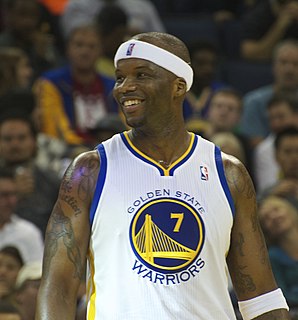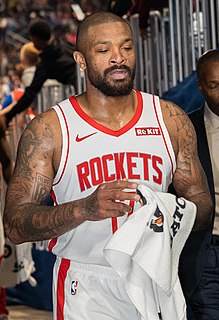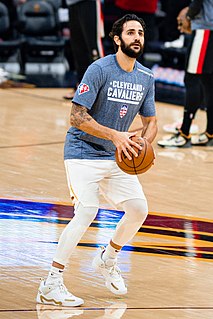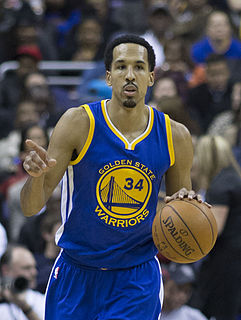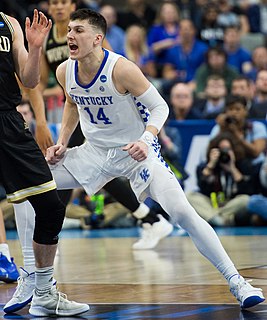A Quote by John Amaechi
I think it's too easy to just say that there is a direct and necessary conflict between black identity and gay identity. I think it's more nuanced than that simply because I think black is a color and then people layer on top of it all kinds of socio-cultural elements.
Related Quotes
The identity of just one thing, the "clash of civilization" view that you're a Muslim or a Hindu or a Buddhist or a Christian, I think that's such a limited way of seeing humanity, and schools have the opportunity to bring out the fact that we have hundreds of identities. We have our national identity. We have our cultural identity, linguistic identity, religious identity. Yes, cultural identity, professional identity, all kinds of ways.
In America, and no doubt elsewhere, we have such a tendency toward the segregation of cultural products. This is a black book, this is a gay book, this is an Asian book. It can be counterproductive both to the literary enterprise and to people's reading, because it can set up barriers. Readers may think, "Oh, I'm a straight man from Atlanta and I'm white, so I won't enjoy that book because it's by a gay black woman in Brooklyn." They're encouraged to think that, in a way, because of the categorization in the media.
Black is the absence of all color. White is the presence of all colors. I suppose life must be one or the other. On the whole, though, I think I would prefer color to its absence. But then black does add depth and texture to color. Perhaps certain shades of gray are necessary to a complete palette. Even unrelieved black. Ah, a deep philosophical question. Is black necessary to life, even a happy life? Could we ever be happy if we did not at least occasionally experience misery?
There isn't only one way that black art or entertainment is represented, and that's the most important thing. We're permeating every style. We're claiming and, when necessary, appropriating all kinds of forms. Nothing is forbidden, because it's not what black people do: because it's not what we think of as black art.
If you think about black art, all black art, whether it's Invisible Man or whether it's James Baldwin, Langston Hughes, Zora Hurston, or Richard Wright, they all deal with elements of identity and trying to humanize our experience and our struggle in the world where people have been indifferent to who we are and what we are. It's basically just saying that our lives have meaning.
The inner sort of consumer identity got the best of people. And everybody just wants things for free. And that's created this strange kind of cheapness to everything, where everything becomes throwaway. And people, I think, have started to undervalue things, maybe because there's too much, maybe because it's too easy to make, but I think mostly just because, somehow, that's the pattern that got set. And I think that's regrettable.
More platform-sensitive generations will make distinctions between online and in-person intimacy, whereas fourteen-year-olds have very nuanced online selves and might embody their virtual identity in the physical, analogue version of themselves. They have a much more pluralistic understanding of the self. I don't think we'd be here now in this amazing sexual and gender revolution without the online space where young people can see and share other versions of identity and sexuality.
People are much more complicated in real life, but my characters are as subtle and nuanced as I can make them. But if you say my characters are too black and white, you've missed the point. Villains are meant to be black-hearted in popular novels. If you say I have a grey-hearted villain, then I've failed.
Actually we've had a black bourgeoisie or the makings of a black bourgeoisie for many more decades.In a sense the quest for the emancipation of black people in the US has always been a quest for economic liberation which means to a certain extent that the rise of black middle class would be inevitable. What I think is different today is the lack of political connection between the black middle class and the increasing numbers of black people who are more impoverished than ever before.
I oftentimes receive the question, "What do you think is the most important social issue to focus on?" Or, "What's the most important component of identity? Is it gay rights or race or feminism?" And I'm like, "Well, they're all intertwined. It's all one conversation at the end of the day. You can't just pick one." I mean, people experience all kinds of prejudice because of all different parts of themselves. And that doesn't make one part more important than the other.
I feel with some passion that what we truly are is private, and almost infinitely complex, and ambiguous, and both external and internal, and double- or triple- or multiply natured, and largely mysterious even to ourselves; and furthermore that what we are is only part of us, because identity, unlike "identity", must include what we do. And I think that to find oneself and every aspect of this complexity reduced in the public mind to one property that apparently subsumes all the rest ("gay", "black", "Muslim", whatever) is to be the victim of a piece of extraordinary intellectual vulgarity.
